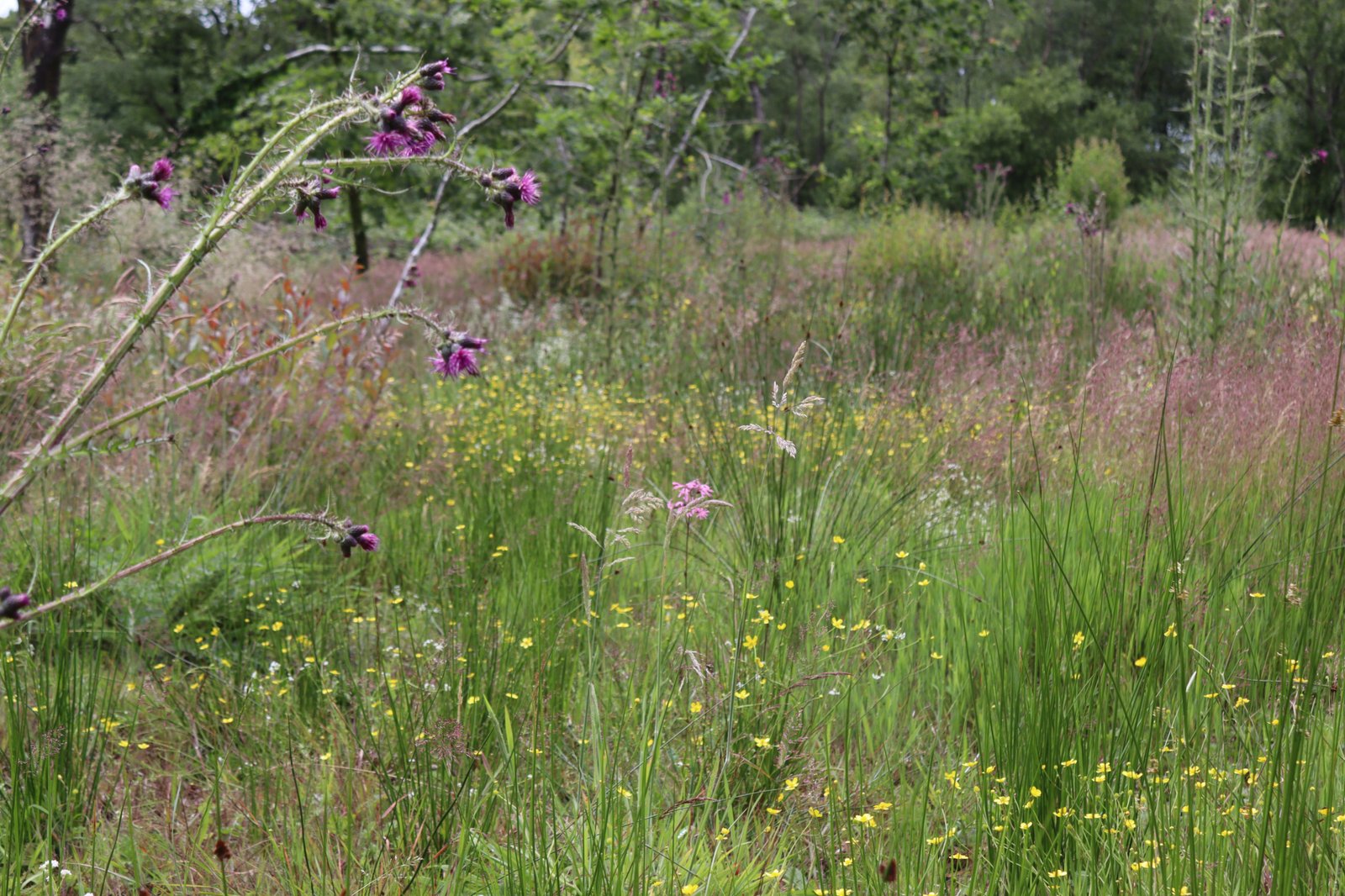One of the aspects of our philosophy that has moulded Bulworthy Project is our belief in DIY culture. There are many reasons why specialisation is essential in many fields, for instance having a go at neurosurgery just based on Youtube videos probably isn’t a good idea. On the other hand there are many skills that you can pick up that will be useful and allow you to achieve things that would otherwise be impossible. We could not have afforded to pay people to build our house, or design it or get us planning permission to build it. Doing these things ourselves with no real previous experience not only allowed us to have a house, but also allowed us to develop skills that we can use in the future.
It’s daunting at times. When we first started down the path of getting ourselves planning permission, knowing that we couldn’t afford any legal help or representation, we didn’t know if we’d be successful or not. If we’d failed at the whole thing to save a few hundred quid on advice, our decision to go it alone might not look so smart. It’s a decision however that has paid off more than we could have believed. We learnt about planning law and knew our case better than we ever could have if someone else had been dealing with it. This meant that we could answer difficult questions about our situation when interviewed by the planners knowing what the implications in planning law were. It also meant that we built up a relationship with the planners which has helped us in further planning applications. We wrote an article about our approach to the planning process that you can view here.
When it came to applying for permanent residential planning permission, we had to have a design for a house. We had played with floor plans for years, partly as a way of reminding ourselves that we wouldn’t be living in a touring caravan for the rest of our lives to fend off the cabin fever that caravan living can give you in the winter. Although you can still see the influence of these floor plans in the final design of our house, there’s a long way to go from one to the other. We did have an offer of help from an architect, who generously offered his services for free, but his vision and ours didn’t match and we decided to do it on our own. This was fine all except for the drawings for the planning application. Neither of us can draw to any great level of accuracy, so we swapped some charcoal for a set of drawings, based on our own less skilled drawings. By the time we built the cabin we had done a few drawings for building control and built up confidence a bit, so with some graph paper and some tracing paper, we did our own drawings. They’re not great, but they’re good enough and didn’t cost us anything. We knew that there wouldn’t be any objection to us building the cabin, so we weren’t concerned about being turned down because of poor quality drawings. Worst case scenario, we would have had to submit better drawings.
Actually building the house is one of the most daunting tasks either of us have ever faced. We didn’t know if we had the money to buy the materials, we knew that we didn’t have enough to pay people to build it for us and had seen half built houses when we were looking for land, where people had run out of money or steam or both. One of the problems was that we had no way of quantifying the job in hand. It could have taken us 6 months or 6 years for all we knew. We had no idea of how long any of the tasks involved would take or how many tasks there were. If we tried writing down everything that needed to be done, it would have taken up loads of useful time and fried our poor little brains, so we didn’t. After all, how do you eat an elephant? A little bit at a time.
This is the approach that we took. Take it one stage at a time, Google what you are going to do, then move on to the next stage. Your mind wanders off to later stages of the process and you need to have some idea of what you’re doing in order to get materials on site in time, but mainly you are concentrating on the job in hand. Because, putting stuff to paper is not really what we’re good at, almost nothing was drawn or written down. This would drive a lot of people mad, but it worked for us.
We skipped the first stage though. We were too daunted by the whole project and we overestimated the difficulty of doing the groundworks. We thought that if we got professionals in to do that, we’d have a better chance by starting with a proper flat base. We couldn’t afford any but the cheapest groundworks crew and didn’t end up with a flat base. Looking back, we should have hired in a digger driver and done the rest ourselves, but this was the start of the build and we hadn’t yet built up confidence. As we went through each job after that, we built up skills, experience and a can-do attitude which made each job seem less daunting than the last even as the exhaustion built up. At every stage, someone would say “I know that you’ve done the rest of it yourselves, but you really should get the experts in for this”. There are some jobs where an expert would have definitely had a better result, but a lot of it just takes longer if you don’t have a clue what you’re doing. For legal reasons, we had to get an electrician and a plumber, but the rest was pretty much just down to us and our friends who also don’t know how to build a house.
A slightly different DIY project is devonglamping.uk. After building the house, we built our cabin to rent out. We then had to advertise it. This means giving money to facebook, google or a glamping directory. We try to avoid giving money to multinational corporations, so the first two are out. Some of the glamping directories are actually relatively ethical businesses, but we don’t like giving our money away and would much prefer to put it into our project. Our DIY approach to dealing with this was to start our own glamping directory. It was to be a free directory promoting glamping accommodation in Devon. As we don’t charge for listings, we can list all the glamping accommodation in Devon making it the best place to look if you want to go glamping in Devon. This was a task that we completely underestimated. Originally, we thought that it would take a couple of weeks to get the website together. We emailed everyone who had a glamping site in Devon, asked them to give us a few details so that we could build a free listing for them, explained that the listings would always be free and waited. Either, people were suspicious of this “free” directory, or they just thought it would never come to anything. Certainly they weren’t emailing us back with their details. We phoned some of them and got a few listings. Then we made up plain listings. These don’t have any photos because we can’t use their photos without permission and only have a short description and the details that we could glean from their websites. Through a lot more contacting people and more hours of working on it over the course of about 6 months than we’d like to think about, we have a glamping directory that has us at the top. We still use other glamping directories, but this definitely helps us to promote the cabin and it’s been an interesting project.
There’s an interesting thought process behind deciding when a job is worth getting someone else to do due to their superior skills, experience and equipment. Our approach suits our personalities and our situation, it clearly wouldn’t be right for everyone. We need specialists who are prepared to devote their lives to pursuing expertise in one area and advancing that area of expertise. We’re just not those people. We’re much more interested in having a go at lots of different things and learning new skills. We feel that in the UK, we tend too much on the side of getting someone else to do stuff. We find that our personal tendency to err more on the side of doing it ourselves, has got us into a few pickles, but it’s also given us experiences that have changed the way we think and made us more capable in many ways than we were before we embarked on our little project.

